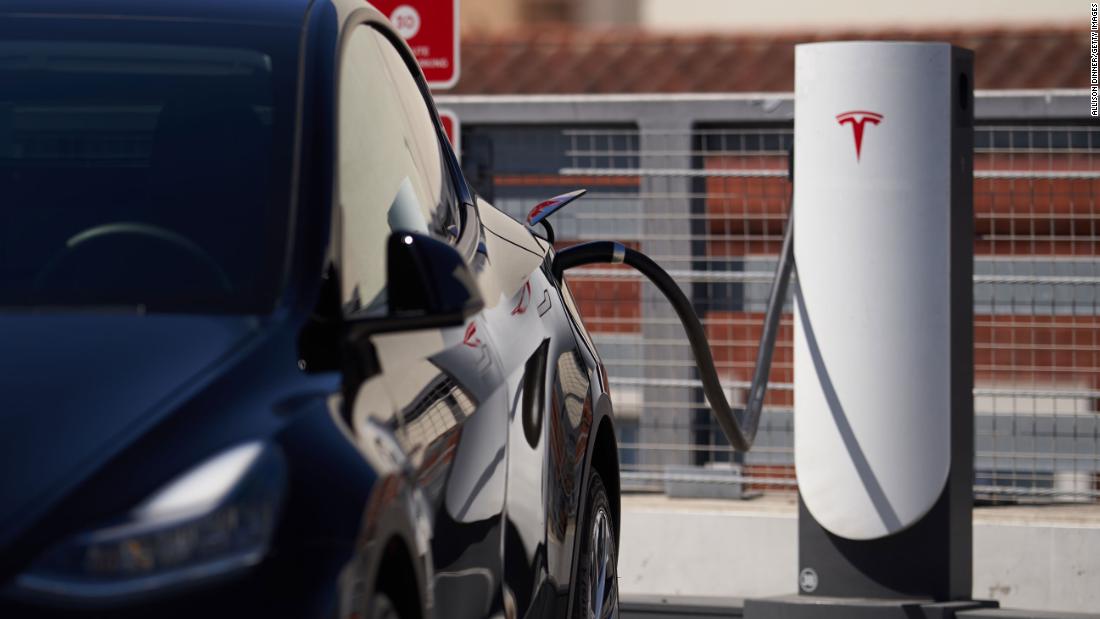- by foxnews
- 23 May 2025
GM wants to adopt Tesla's charging network as 'the standard'

General Motors electric vehicle owners can soon access Tesla's vast network of electric vehicle fast chargers, called Superchargers, both companies announced Thursday. GM said it will begin to integrate Tesla's charging ports, dubbed the North American Charging Standard (NACS), into new EVs in 2025.
"Not only will it help make the transition to electric vehicles more seamless for our customers, but it could help move the industry toward a single North American charging standard," GM CEO Mary Barra said in a statement.
GM's move to adopt Tesla's charging standard comes on the heels of Ford making a similar announcement for its electric cars. Tesla has more than 12,000 Superchargers across the United States and Canada.
In a Twitter Spaces livestream announcing the partnership with Twitter head and Tesla CEO Elon Musk, Barra said the partnership "almost doubles access to chargers that GM has already made available."
The partnerships with GM and Ford are a triumph for Tesla's EV charging technology over the so-called CCS chargers that are used by most other EV makers. Tesla's Supercharging stations currently outnumber CCS stations in the United States.
In a statement, GM said it hopes its partnership with Tesla will help move the entire EV industry towards Tesla's NACS charging ports.
During the livestream event, Musk said such a move would benefit the consumer.
"They won't have to worry about which plug, which socket, which charging station," he said.
GM and Ford's partnerships with Tesla help tackle a common criticism of mass electric vehicle adoption: that long stretches of highway in the US lack critical EV charging infrastructure. The issue is growing in urgency; seven states, including California and New York, have passed bills to ban the sale of new gas-powered vehicles by 2035.
- by foxnews
- descember 09, 2016
United Airlines flight returns to Hawaii after concerning message found on bathroom mirror; FBI investigating
United Airlines Flight 1169 to Los Angeles returned to Hawaii after a "potential security concern" aboard the plane. The FBI and police are investigating.
read more


